As the second largest city in Pennsylvania, Pittsburgh is home to more than 310,000 people. To serve and protect those residents, the Pittsburgh Bureau of Police employs over 900 officers; however, for the first time in years, they are experiencing serious staffing issues.
Thanks to low recruitment numbers in recent years, the Pittsburgh Bureau of Police has announced that they will no longer respond to early morning calls that are not ongoing emergencies, and not everyone thinks it’s such a good idea.
The Pittsburgh Bureau of Police Announcement
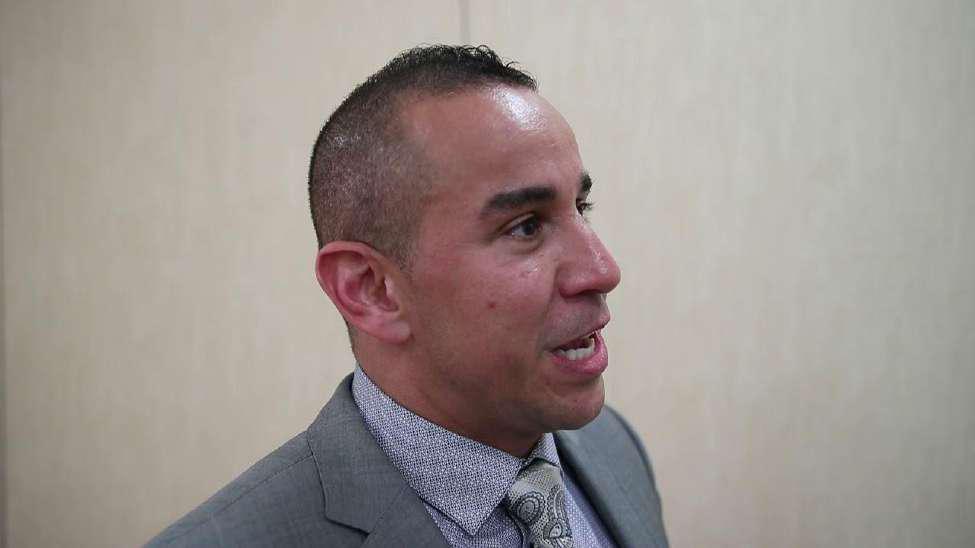
Larry Scirotto, Police Chief of the Pittsburgh Bureau of Police, announced at a press conference last week that the organization will be making one big change to its policies, effective immediately.
Chief Scriotto explained that, from now on, any phone calls made to the police station between 3:00 AM and 7:00 AM that are not on-going emergencies will not be picked up by an officer but, instead, sent to a telephone reporting unit. Otherwise known as an answering machine.
The Two-Step Alarm Verification System
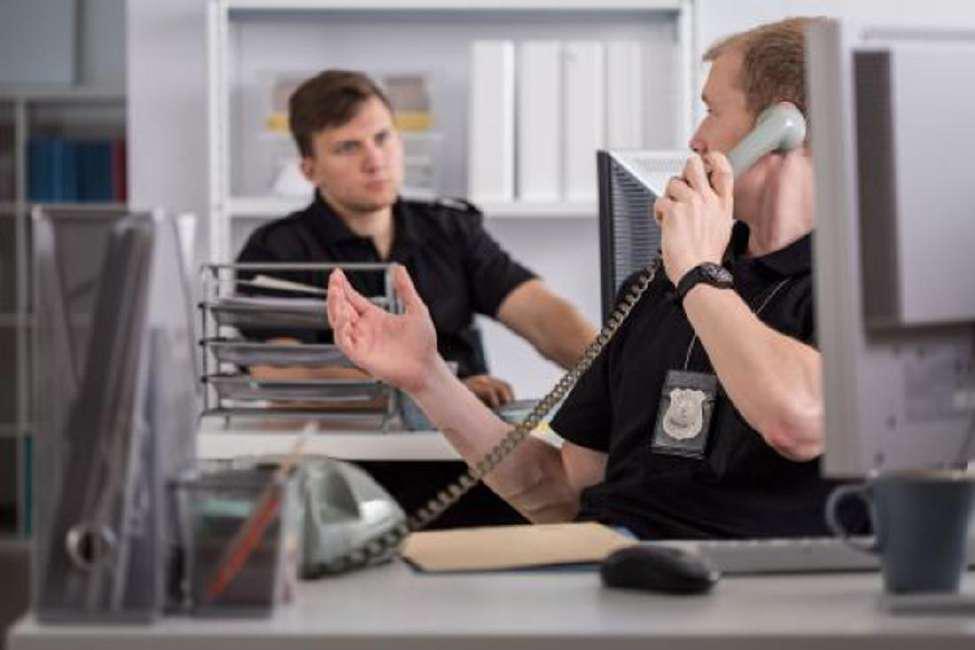
In order to weed out which phone calls are actual emergencies, the new system will require callers to confirm whether or not the situation they are calling about is happening in real time.
If it is, their call will be forwarded to an on-duty officer; if not, it will go straight to voicemail. Then, at 7:00 AM the officer scheduled to work the desk will listen to the voicemails and send officers as needed to assess any potential crimes.
What Events Are Considered Emergencies?
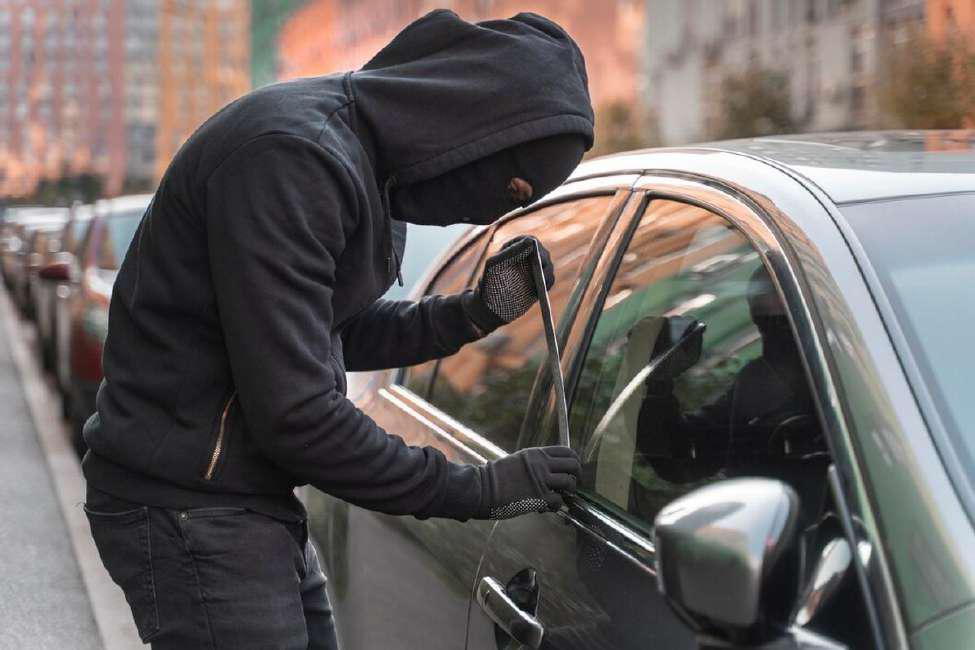
According to the Pittsburgh Bureau of Police, anything that has already happened and cannot be stopped immediately with officer intervention will be considered a non-emergency.
This means that if a car has already been stolen, a burglar has come and gone, etc., the police will not arrive on the scene to investigate until the next day.
Police Response to Alarm Systems Will Also Be Adjusted
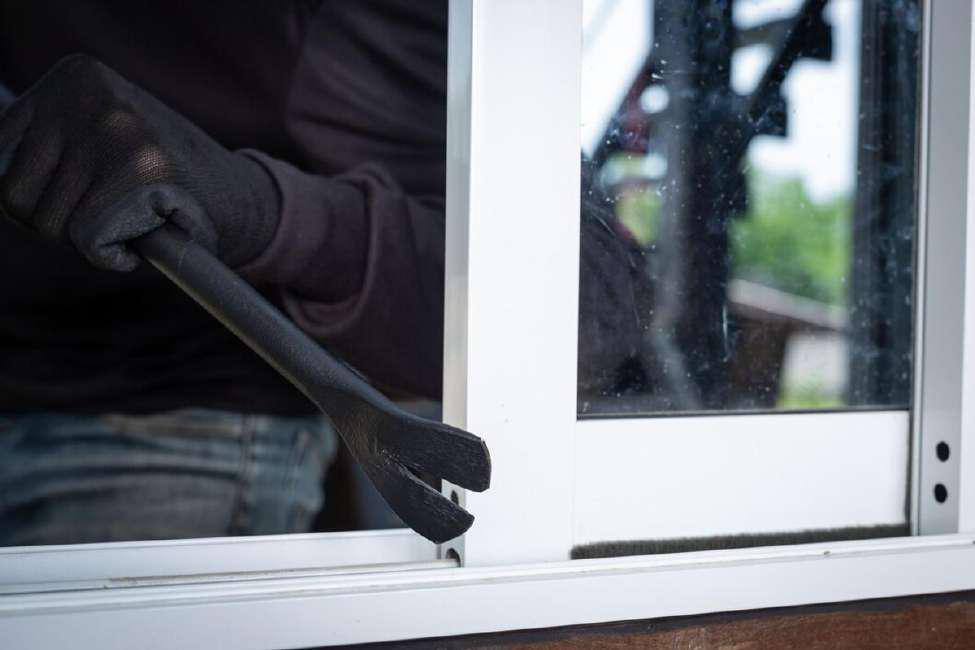
Chief Scriotto explained that their reports indicate that one of the most frustrating misuse of officers occurs thanks to home security alarms. He said that in 2023, the Pittsburgh police received 9,500 calls for burglary, but the vast majority were false alarms.
Therefore, in order for police to respond to an alarm, they now “require there to be a second verification, a second authentication factor, such as it’s not just the front door, if there’s interior motion, there’s video, there’s audio, there’s glass break,” said Scirotto.
Understanding the Changes at the Pittsburgh Bureau of Police
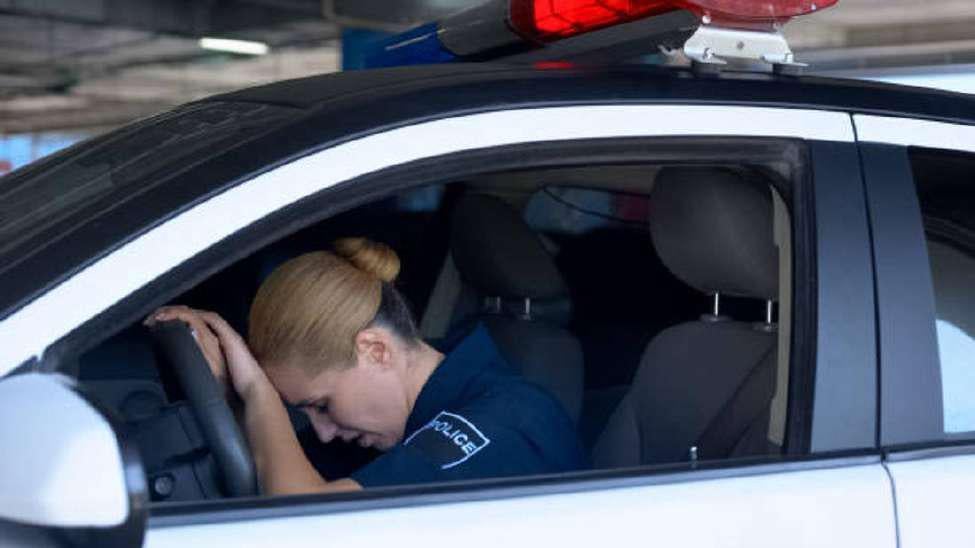
Scirotto wants the people of Pittsburgh to understand that he and his team did not make this decision lightly; they truly feel as if this is the only way to ensure the organization functions at the highest possible capacity.
Historically, the Pittsburgh Bureau of Police has anywhere between 850 to 990 officers on staff, but as of March 2024, there are only about 740. And according to Scriotto, his officers are simply worn out.
Running Out of Manpower
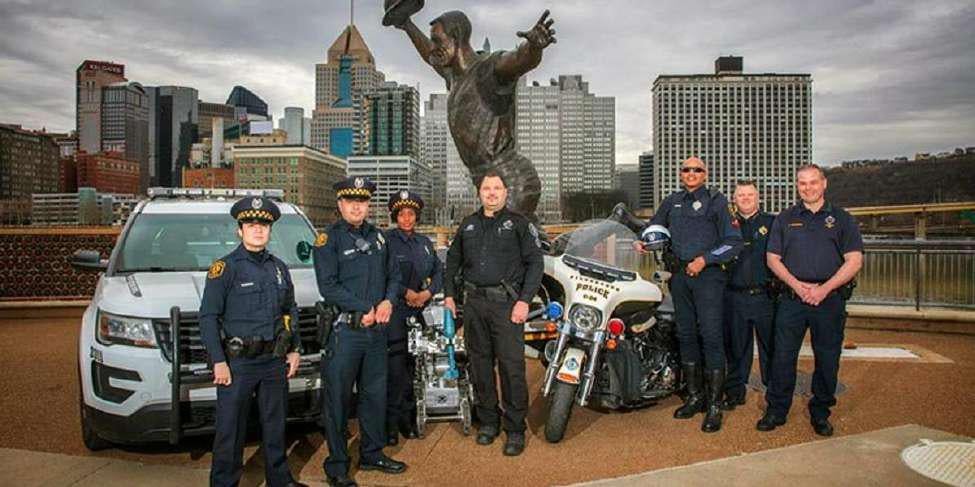
As Bob Swartzwelder, president of the union that represents Pittsburgh police, explained, “They’re running out of manpower very, very quickly, and they’re getting very taxed.”
But that doesn’t mean Swartzwelder wholeheartedly believes that Scriotto’s plan is the best course of action. He told the Pittsburgh Post-Gazette, “I think the strategy at this point is a hope and a prayer that they can base everyone on data. It may pan out to be correct. It may be disastrous.”
A Change In Policing

This change in how the police work in the early hours of the morning comes just one year after the mayor said they would put more police in downtown Pittsburgh, where crime had risen.
To combat this crime downtown, a public safety center was opened in the neighborhood. This center is designed to help reduce crime by being staffed with officers and social workers 24/7.
What Does This Mean For The Safety Center?

Just one day after the public safety center downtown opened, the police revealed this new 911 change in policy. However, since the center was first thought of, it has undergone many changes.
For example, now the center only has 16 officers on duty in the facility from 8 a.m. to midnight every single day — a walk back from the 24/7 on-duty team that some people thought they were getting.
Downtown Crime Remains A Worry

Though many in the neighborhood are happy to see more police presence downtown, this new policy move does worry some residents. Some locals are wondering how this change could impact the police’s attempt to deter downtown crime.
Just last year, the Allegheny Institute for Public Policy released a report stating that rising crime in downtown Pittsburgh remained “perhaps the most pressing matter before the city and county.”
DA Steve Zappala Is Even Less Confident in the Plan
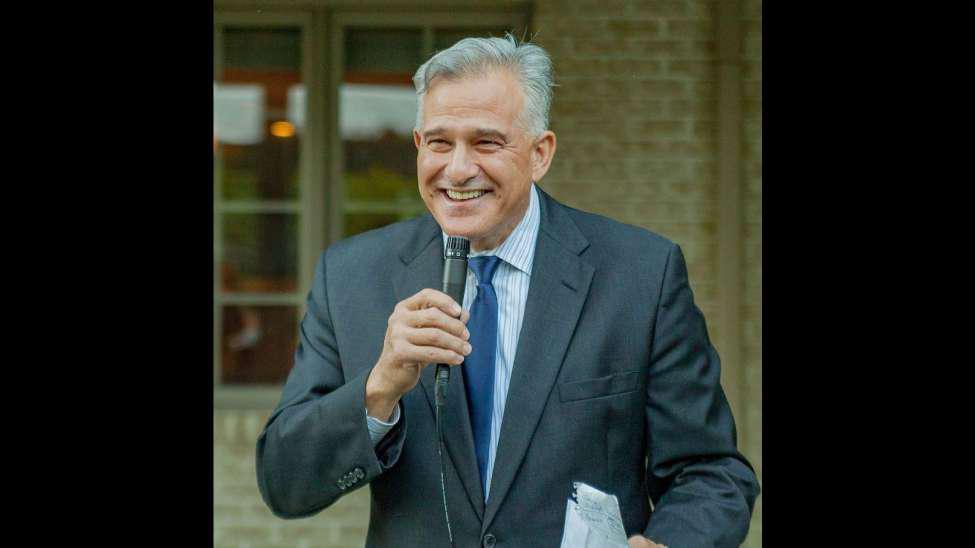
District Attorney Steve Zappala has even less faith in the chief’s new plan; he told WTAE, “To tell people that you’re not going to be protected at certain hours of the day, that didn’t make any sense to me when I heard it. I don’t know what the rationale for that was, and I think that’s something the chief has to explain.”
And continued, “Is there any other large city in the country that’s a part-time police department? I mean, does that make any sense to any of you guys? It doesn’t to me.”
Pittsburgh Mayor Ed Gainey Has Tentatively Supported the Changes
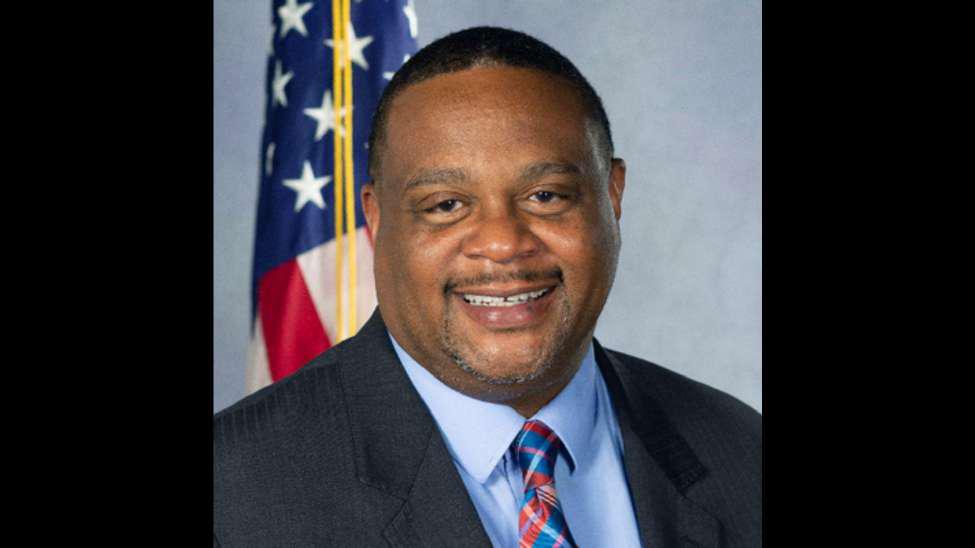
Mayor of Pittsburgh Ed Gainey gave a supportive but less-than-enthusiastic statement regarding Chief Scirotto’s changes to the force.
Mayor Gainey said, “The chief has made clear that there was a cutback, but there was going to be patrolmen there, and there would be patrol people ready to go, so again, that’s why I’m saying you’ve always got to talk to the person that’s implementing the new rules. That’s the chief or the public safety director.”
What Pittsburgh Residents Are Saying

Residents of Pittsburgh have differing views on this latest police policy. Some are completely against the idea and feel that it won’t help those who live in the city at all.
Rich Cupka, the owner of Cupka Café 2, is not a fan of what the police are doing. “The whole city of Pittsburgh is at risk,” Cupka told CBS News.
Pittsburgh Natives Feel Left Behind

Some Pittsburgh natives have long felt left behind by the police — even before this new change in policy. WPXI hit the streets to hear how certain communities felt about all these new policy changes, only to find that some weren’t surprised by the police’s move.
One local explained that they’d been told by police before that they could not help, even though someone was trying to break into their car one night. As a result, this latest move simply makes some locals once again feel that the police are not responding to crimes that occur in their neighborhoods.
Some Locals Understand

While some in Pittsburgh don’t believe the force’s new policy of not responding to calls in the early hours of the morning will be beneficial to the city at large, some do understand. However, of those who recognize why this decision was made, some still feel a different alternative could’ve been taken.
“I think a lot of the calls that can come can be handled through the telephone as they’re proposing it, but I just have concerns that they aren’t enough police officers,” Judy Hackel explained.
Acceptance Of These New Policies

Some Pittsburgh residents have come around to accept these new policies, especially as they feel it might help with officers’ work-life balance. Plus, they state that other cities that enacted similar policies haven’t suffered terribly.
“We have to see how it’s going to work out, but I know it’s been tried in other places, and it seems successful, so we’re just going to have to see how it goes,” Frank Monaco said.
Could Crime Increase in Pittsburgh Due to This Announcement?

DA Zappala and many other members of the community in Pittsburgh are worried that the police chief’s announcement is not only detrimental to those residents in need from 3:00 AM to 7:00 AM but also that it could actually be dangerous.
Although it’s too soon to tell what effects these new changes will have on the city, some are wondering if crime will increase, especially during the early morning hours when they know officers aren’t there to respond.
Just Because Someone Isn’t on the Desk Doesn’t Mean the Police Won’t Be Available
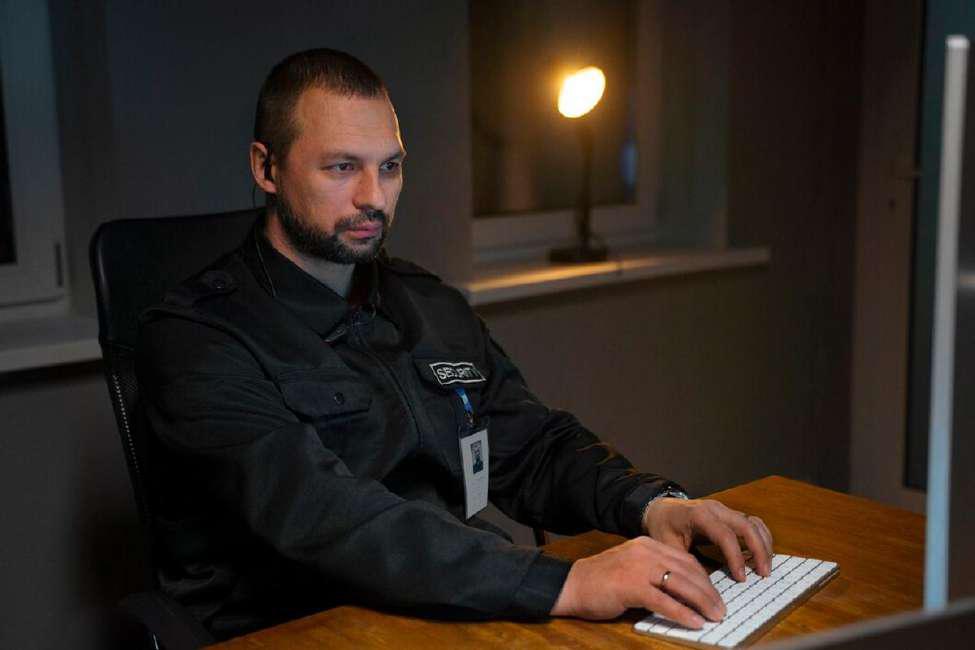
However, Chief Scirotto and the Pittsburgh Bureau of Police want residents to understand that just because they won’t have officers answering the phones does not mean they are not patrolling.
Scirotto said that now, between 3:00 AM and 7:00 AM, there will be between 25 and 30 officers in the city. And went on to say, “Average night, we’d have seven officers out on the road in each zone, so [we had] like 42 officers, generally. We cut 12. People think I cut 112.”
Other Police Departments May Follow Suit
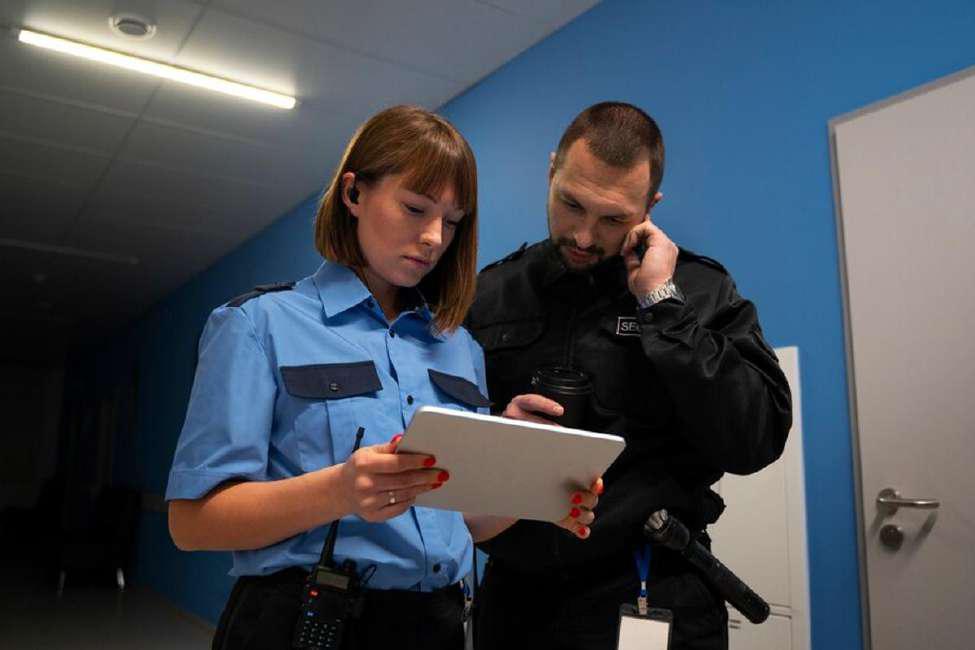
The debate as to whether or not Chief Scriotto’s plan is brilliant or seriously detrimental is still ongoing, and it likely will be until data can be collected that proves whether it helped or hurt the people of Pittsburgh.
If it doesn’t work and crime increases or residents continue to feel unsafe, the plan will, of course, be scrapped. However, if it does work, it may change the way other police departments suffering from staff shortages run their precincts in the near future.
Scirotto Disagrees With Critics
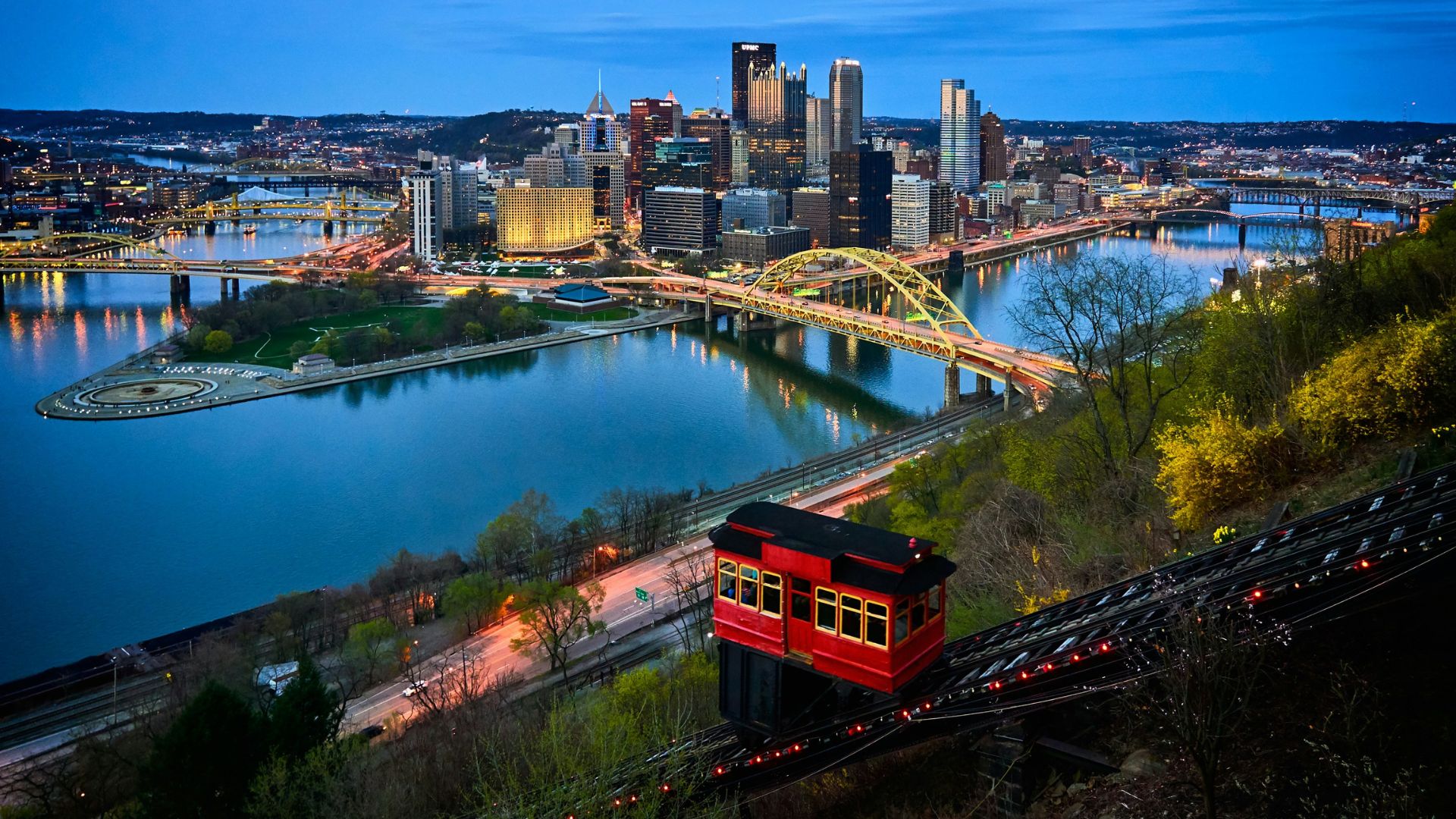
Many critics have called out the bureau’s move to restructure its force and not respond to some calls overnight. Recently, Scirotto has specifically denied reports that insinuated less than a dozen officers were working throughout the entire city overnight.
In response to these allegations, he explained that the restructuring had to be done. “We are doing our job to keep the city safe, the residents within it and our officers,” Scirotto said. “To do that, you have to make informed decisions.”
Other Changes To Pittsburgh Police

Most people have been focused on how the police in Pittsburgh now won’t respond to non-emergencies in the morning. However, this isn’t the only change coming to the Pittsburgh Bureau of Police.
The bureau is undergoing a restructuring that will introduce new policies to the force. This includes the introduction of four-day work weeks for officers. Officers will now work four days a week for 10 hours each shift.
A New Team Of Officers

Pittsburgh Police are also creating a new team of officers that will help people when applying to become a police officer. This team will aid applicants throughout the entire process. They will help them prepare for the written and physical tests they may have to take.
This team will also help them understand all that they have to do when applying for this position, such as undergoing background checks and psychological evaluations.
Pittsburgh Needs More Officers
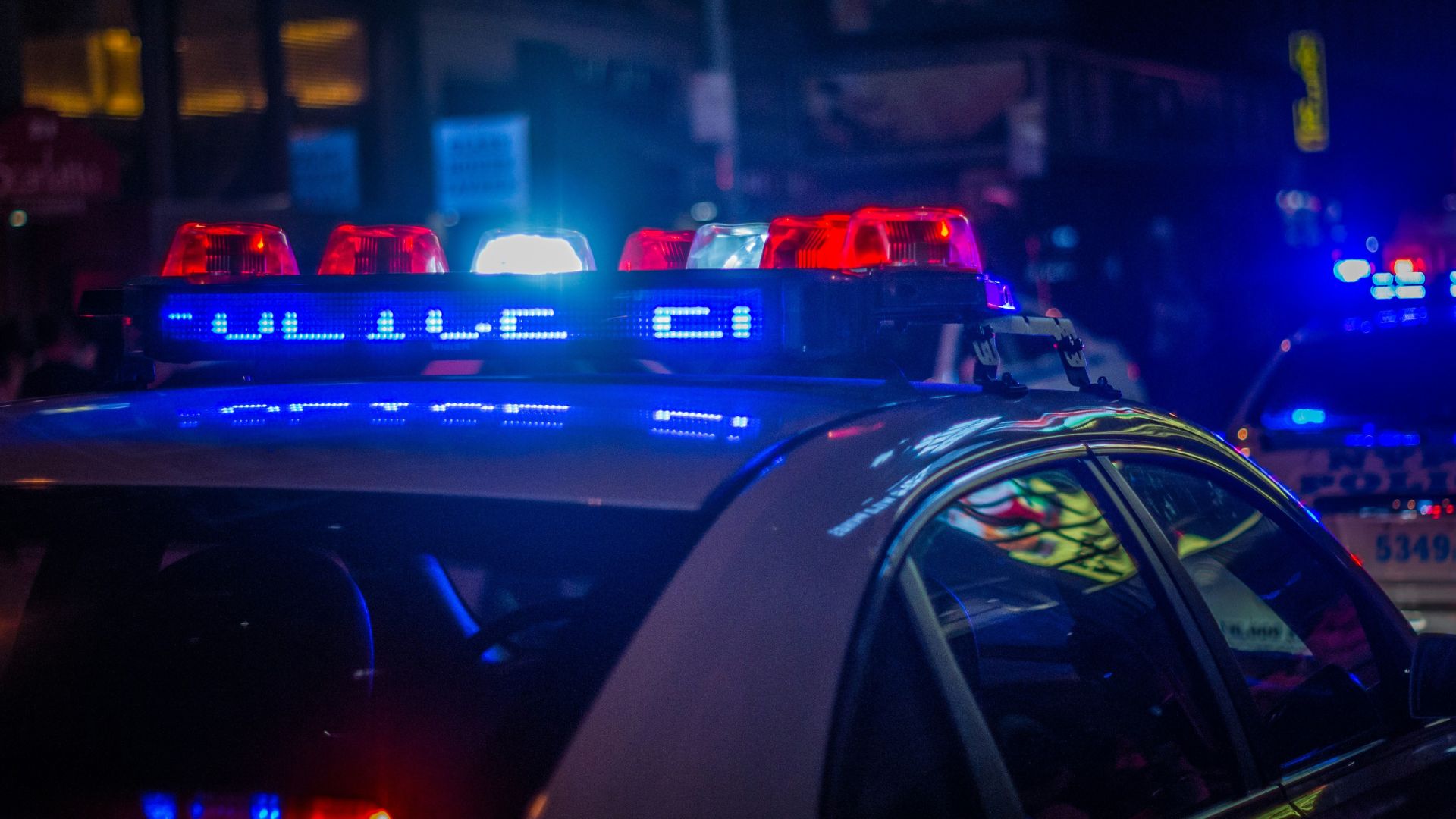
The bureau has been open about how they’d like to hire more officers. According to Cara Cruz, a public information officer for the Department of Public Safety, the application process may be easier on people with this team helping them out.
“These are the steps applicants have to go through just to GET to the academy,” Cruz explained. “This is where the bureau loses a significant amount of the applicants before they even sit in the Academy at day one. This is where the new recruitment team will be placing much of its focus.”
More Than 100 Cops Can Soon Retire

The Pittsburgh Police have struggled to recruit more officers. The department’s ongoing staffing crisis may continue for the rest of this year — or even longer — as many officers are eligible to retire in the next few months.
According to the Pittsburgh Post-Gazette, almost 200 officers are eligible to retire with full benefits in upcoming months. The paper believes that at least 100 will do so by summer, driving home the staffing shortage problem within the department.
